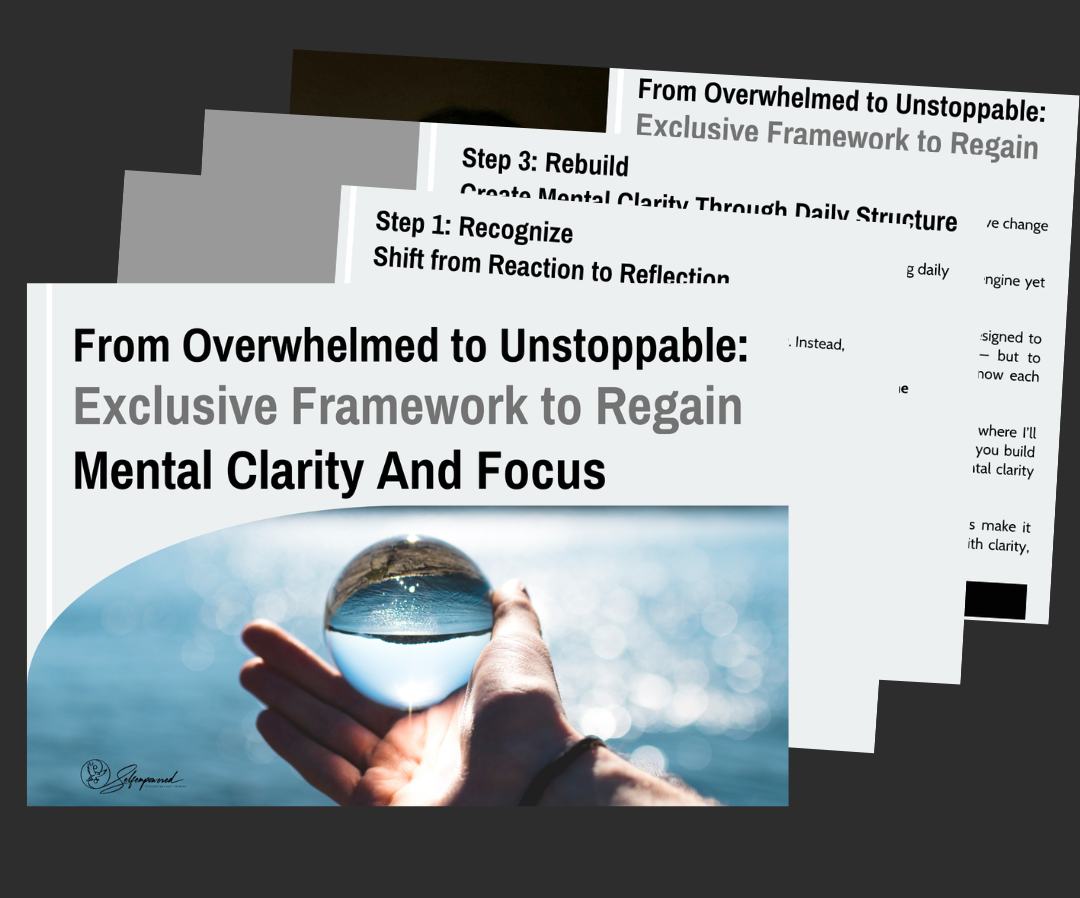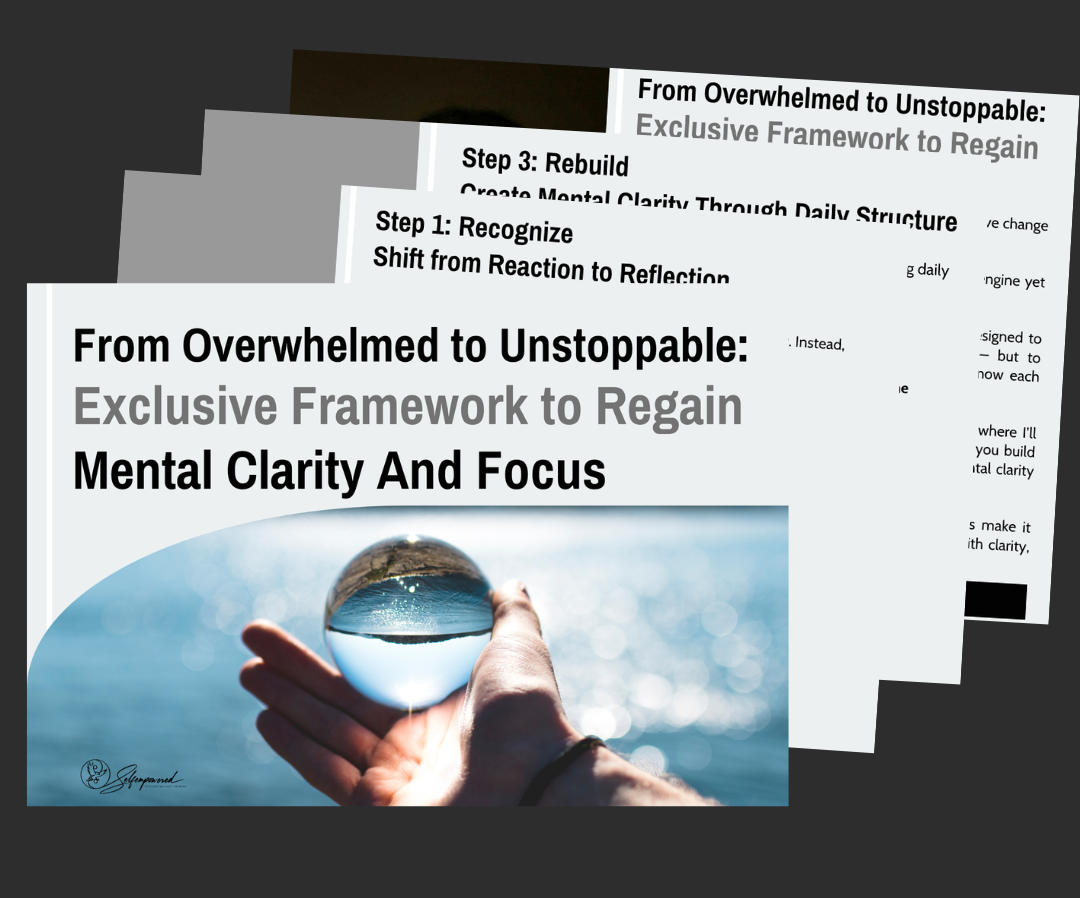Are We Getting Dumber In an Age of Abundant Information?
Nov 20, 2025This episode of the ThinkWell Podcast explores a provocative and timely question: how is it possible that in an age of unprecedented access to information, society appears more polarized, less thoughtful, and increasingly drawn to extreme or simplistic thinking? The conversation weaves together politics, media literacy, emotional responses to global conflict, and the importance of intellectual wellness.
The episode begins by challenging the long-standing taboo around discussing politics. Just as finances or mental health were once considered off-limits, political conversation has been discouraged despite being deeply connected to social wellness. Politics shapes everyday life: community, safety, resources, identity, and the quality of our overall environment. Avoiding the subject leaves people ill-equipped to engage thoughtfully with issues that affect their well-being.
Recent global and national crises, including wars in the Middle East and shifting political climates in the United States, have generated widespread anxiety, anger, and uncertainty. Although many experience these events through screens rather than direct exposure, the emotional impact is real. Uncertainty about the economy, global conflict, leadership, and personal safety deeply affect mental and emotional wellness.
A central theme of the episode is the erosion of critical thinking. The discussion points to several forces contributing to this decline: overreliance on partisan narratives, sensationalized mainstream media, algorithm-driven information streams, and cultural conditioning that discourages people from questioning authority. Modern life’s convenience, comfort, and technological ease have reduced the motivation to think deeply or seek primary sources. Instead, people absorb prepackaged narratives that reinforce their existing views.
Another major concern raised is the influence of anti-intellectualism. The dismissal of expertise, higher education, and intellectual pursuits has shaped political behavior and public discourse. Thoughtfulness, nuance, and informed debate are often replaced with emotionally charged oversimplifications. This creates an environment where extreme rhetoric spreads quickly, leaders are chosen for charisma rather than competence, and misinformation thrives.
The episode explores the troubling parallels between current political dynamics and historical patterns that led to authoritarianism. The hosts highlight how societies with rich intellectual and cultural traditions have still fallen into dangerous political movements when fear, propaganda, and anti-intellectual sentiment take hold. They emphasize the importance of learning from history instead of assuming we are immune to repeating it.
The conversation also looks at personal responsibility in political and social engagement. Citizens influence the world not only through voting or taxes but also through daily choices, spending habits, and the information they consume. Where people shop, what content they support, and how they engage online all contribute to larger systems that shape global outcomes.
The episode stresses that talking about politics in healthy, curious, and respectful ways is essential. Rather than aligning rigidly with one ideology, listeners are encouraged to approach political ideas the same way they approach intellectual fitness: with openness, courage, and a willingness to expand perspective. Political conversations should be seen as opportunities to learn, not battles to be won.
The hosts highlight the value of humility and growth. Throughout life, views can evolve as new information emerges. Experiences from the COVID era, for example, illustrate how fear, pressure, and information overload led to rigid thinking on all sides. Many people now reflect differently on their beliefs from that time, demonstrating the importance of flexibility and critical self-reflection.
The episode closes with a call to action rooted in intellectual wellness: develop the courage to think independently, seek diverse sources of information, embrace dialogue instead of division, and ask yourself which side of history you want to contribute to. Change begins with individuals choosing awareness over apathy, thoughtfulness over reaction, and connection over avoidance.
This conversation reinforces a core Selfempowered philosophy: intellectual wellness is not about being right; it is about being conscious, curious, and courageous in how we engage with the world.
Enter the Mind Dojo And Begin Your Mental Self-Defence Journey Today
A calm mind is not a personality trait. It’s a practiced skill.


